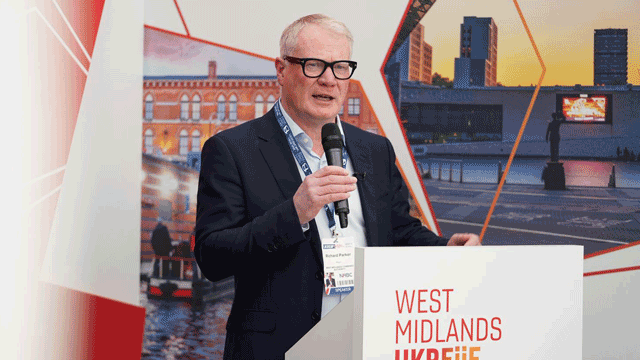Harrods owner Mohamed Al Fayed has lost his appeal against a High Court decision rejecting his £7.75m damages claim in respect of a bid to sell Fulham Football Club’s ground for development.
Chadwick LJ rejected Al Fayed’s argument that Mann J had wrongly held that his former legal adviser, Nicholson Graham & Jones (NGJ), was liable for only £6,750 of his alleged £7.75m loss, even though it had negligently drafted the documents when he bought the club in 1997.
The law firm, now called K&L Gates, won its cross–appeal that Mann J had erroneously put the burden of proof on it and that liability was not established on the facts found by him.
Al Fayed had sued his former solicitor on the basis that its negligent drafting had forced him to buy out his minority partners, father and son William and Andrew Muddyman, for £7.75m in order to push through the land sale five years later.
Al Fayed, who is Fulham’s club chairman, had planned to sell the Craven Cottage ground for £50m to finance the purchase of a 1m sq ft site in White City to house a new 50,000–seat stadium.
However, developer Helical Bar purchased the site, causing Al Fayed to abandon the sale of Craven Cottage to Nick Sutton’s Fulham River Projects.
By that time, Al Fayed had already bought out the Muddymans because, he claimed, NGJ had accidentally deleted a clause in the shareholders’ agreement that would have diluted the Muddymans’ stake.
NGJ alleged that the only plausible explanation for the deletion was that it was not accidental, but rather it had been the result of a requirement of the Muddymans that had been agreed with Al Fayed.
In July 2006, Mann J found that despite the plausible explanation given by NGJ for the drafting, he was not persuaded that, “on the balance of probabilities”, he should to infer that the explanation was in fact the reason for the deletion.
Accordingly, he held that the law firm had negligently given the minority shareholders more protection than had been intended.
Allowing NGJ’s cross-appeal, Chadwick LJ held that when Mann J directed himself that it was for NGJ to satisfy him “on the balance of probabilities” that the plausible explanation was the actual explanation, he had taken a “wrong approach” to the evidence.
He said: “Once the judge had accepted that the explanation advanced by NGJ was plausible, he ought to have approached his task on the basis that it was for [Al Fayed] to satisfy him that, nevertheless, the explanation ought to be rejected.
“In my view [Al Fayed] has not discharged the burden imposed by the law on a claimant: it has not proved its case.”
In view of Chadwick J’s finding that NGJ had not been negligent, Al Fayed’s appeal on quantum was dismissed without further consideration.
Al Fayed was denied permission to appeal to the House of Lords.
Fulham Leisure Holdings Ltd v Nicholson Graham & Jones Court of Appeal (Chadwick, Tuckey and Maurice Kay LJJ) 28 February 2008.
Ian






